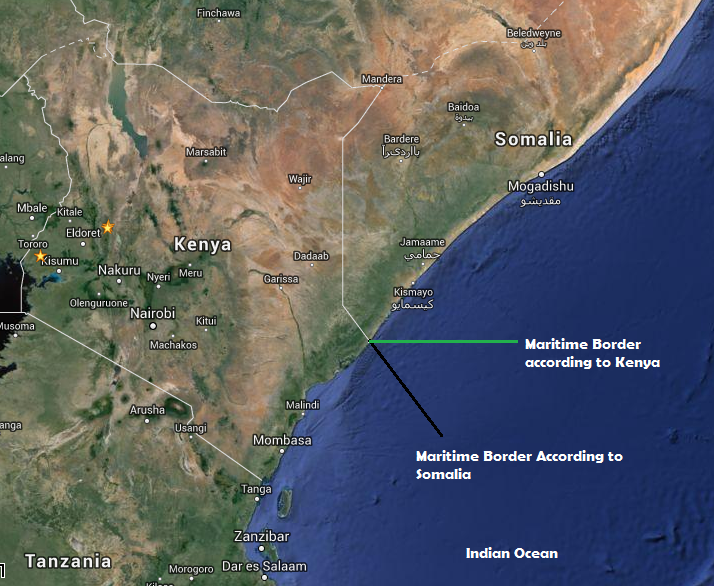Somalia mulls maritime law to ensure safety, curb pollution

Somalia on Monday launched a draft policy paper aimed at revamping the maritime sector to help ensure marine safety and curb pollution.
The Somali Maritime Code received backing from the country’s key maritime stakeholders and development partners after its launch in Mogadishu.
Deputy Prime Minister Mohamed Omar Arteh, who presided over the launch, said the revised Maritime Code will cover matters pertaining to maritime safety, maritime pollution and maritime commercial laws.
“Somalia is faced with great opportunities but also with great challenges. We are positioning ourselves to take full advantage of our position as a littoral country,” Arteh said in a statement released by the Africa Union Mission in Somalia (AMISOM).
“We also expect International Maritime Organization (IMO) to help us to take advantage of those opportunities while also helping us meet the challenges of capacity,” the minister added.
A follow-up technical forum to flesh out issues on the proposed draft policy, which has been under development for four years, will be held in Kigali, Rwanda from July 12-15.
The revision will see the Somali Maritime Code of 1959, which went through an amendment in 1988, brought into conformity with the current International Maritime Law.
“The Ministry and in general the Somali government are happy to reach the international arena in conformity with internal maritime laws,” said Somali Minister for Ports and Marine Transport Nur Farah Hersi.
With the help of the International Maritime Organization, the Horn of Africa nation will have added responsibilities to enable it in effectively securing its maritime domain.
The UN Mission in Somalia (UNSOM) and IMO are providing technical assistance to the Somalia government in the revision of its Maritime Code as part of institutional capacity building.
“Today is a very important event kicking off the revision of the 1959 Somali Maritime Code, which was amended in 1988, and to align it with the UN Convention on the Law of the Sea (UNCLOS) and with other international best practices for them to be able to manage overall their vast territorial seas in an exclusive economic zone,” said UNSOM’s Senior Maritime Officer Eric Brandenburg.
Kiruja Micheni of the IMO said the process is a process supported by the International Maritime Organization upon request by the Somalia government.
“As you know, this country has one of the largest coastlines in Africa, with huge economic resources both within and under the seabed. In fact, I would refer to Somalia as a maritime sleeping giant and for you to exploit those resources, you really must have a legal framework and you also must have an institutional framework for this thing to work,” Brandenburg said.
Xinhua